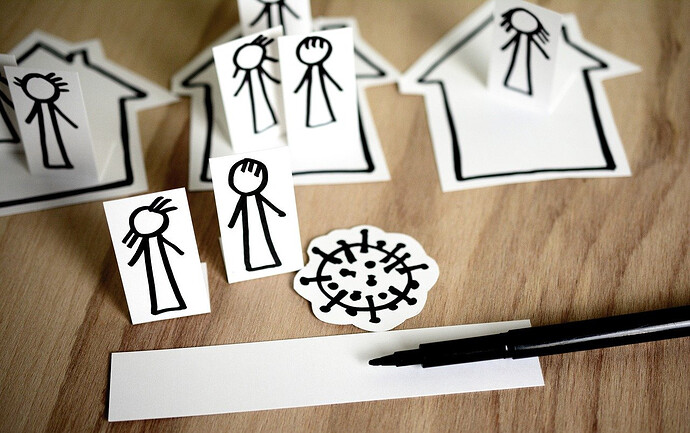These are strange and unprecedented times that we’re facing as a country at the moment. There is one thing that’s clear, and that is we are all affected by this situation.
With the majority of the country on lockdown, working can be difficult. For some, this has even resulted in being furloughed and receiving a 20% pay cut. This, of course, has the knock-on effect where bills may go unpaid, debt increases, businesses even fold.
We’re fortunate in one respect that the government has introduced a series of schemes and funding to help businesses and individuals, but they may not stretch quite far enough.
Do I have to provide a rent-free period or payment holiday?
In short, no. Most tenants are likely to be in a position to continue paying their rent even in these times.
You can certainly go above this and offer it if you wish, but it’s not required.
But remember, a blanket “one-size” approach doesn’t always work. If you’re managing a larger portfolio then you’re likely to have a tenant somewhere who is in a worse position and struggling to pay.
You should remain open-minded and flexible to a degree, and have open conversations with your tenants about the likelihood of them not paying on time. It works in favour of both parties to discuss this sooner rather than later so everyone can agree a reasonable way forward in reasonable time.
Repairs and Maintenance
The landlord’s obligation to ensure the property is safe and in good order hasn’t changed.
But everyone involved should take a commonsense approach and only carry out non-urgent repairs if it’s safe to do so. Remember to follow government guidelines and advice at all times.
Urgent repairs, such as a broken boiler (e.g. no hot water), building fabric issues (e.g. leaking roof), or security issues (e.g. broken window or door), should be resolved as soon as possible, while still adhering to government advice. We have a bit more on this below.
Remember to keep records of conversations and your efforts to put things right too, just in case of a dispute.
Safety for Visitors
Should the need arise for you or a contractor having to visit a property, you should abide by the government guidelines at all times. This includes keeping a distance between you and maintaining good hygiene before, during and after the visit.
Consider asking tenants to remain in a separate room while any work takes place.
If the visit isn’t essential (for example, it’s not emergency repairs), consider waiting until things have settled, if possible.
Be a Good Landlord
Remember that your tenants are just people, some of them could be vulnerable and self-isolating. Try and work together to try and make the best of a bad situation.
But more importantly, if possible, check in on them and make sure everything and everyone is all OK. A bit of care will go a long way in building and maintaining a healthy relationship.
